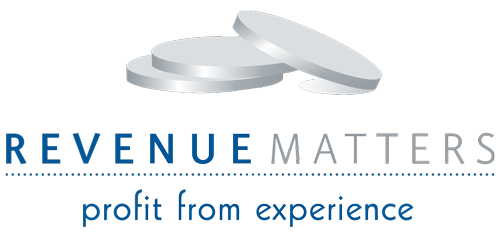
Learn more about current hospitality industry trends with these curated articles.
Enhance Your Hotel Forecasting With Big Data: A Smarter Approach to Revenue Strategy
Hotel Online, by Leighton Osbourne
There is an increasing availability of data to help hotels forecast demand more accurately. Here are five key data sets for effective forecasting:
- Historical Data and Booking Pace: Utilizing past occupancy and revenue data from property management systems (PMS) allows hotels to identify booking trends and adjust strategies based on historical performance.
- Competitor Pricing Data: Monitoring competitor rates through revenue management systems (RMS) can inform pricing strategies, although the focus should also remain on the hotel’s value proposition.
- Events and Macroeconomic Factors: Understanding the impact of holidays and local events on demand helps establish a baseline for forecasts, while advanced RMS can detect anomalies in demand.
- Reviews and Ratings: Guest reviews significantly influence demand. Higher scores can justify price increases while maintaining occupancy. Evaluating review trends is essential for forecasting.
- Web-Shopping Data: Tracking potential guests who visit the website but do not book can provide insights into unmet demand and price sensitivity. This “web regrets” data is critical for understanding overall demand.
By leveraging these data points through an RMS, hotels can create accurate forecasts, adjust pricing proactively, and optimize revenue.

The 8 Hottest Trends to Watch in Revenue Management for 2025 & Beyond
Hospitality Net, By Patrick Landman
It is important to first understand the foundational principles of revenue management before diving into current trends. Key topics include:
- Basics of Revenue Management: A solid grasp of data collection, forecasting, pricing optimization, and distribution management is essential for effective revenue strategies.
- 2025 Revenue Management Trends:
- Distribution: Focus on the most effective channels for bookings and monitor their performance, ensuring to adapt as necessary.
- Outsourcing: Partnering with revenue management experts can enhance efficiency, reduce costs, and improve revenue generation, allowing internal teams to focus on guest experience.
- AI Integration: AI and machine learning can automate tasks, analyze data, and improve predictions, making them valuable tools in revenue management.
Continuous adaptation and strategic decision-making are essential to staying competitive in the evolving hotel landscape.

Hotel revenue management strategies and solutions
Siteminder
Hotel revenue management involves strategic pricing and distribution tactics aimed at optimizing revenue by selling hotel rooms to the right guests at the right time. It relies on analyzing customer behavior and market demand to make informed decisions about pricing and inventory.
The primary goal is to maximize profitability through dynamic pricing strategies, which can include motivating direct bookings, upselling services, and encouraging repeat customers. Effective revenue management is crucial for hotels to enhance bookings and stay competitive in a fluctuating market landscape.
Key benefits include better resource management and ensuring optimal staffing during peak periods. The correct distribution strategy is also essential, as it helps connect hotels with potential guests through effective internet channels. With the support of technology and data analysis, hoteliers can predict demand and adapt to market changes, which is essential for optimizing revenue potential.



